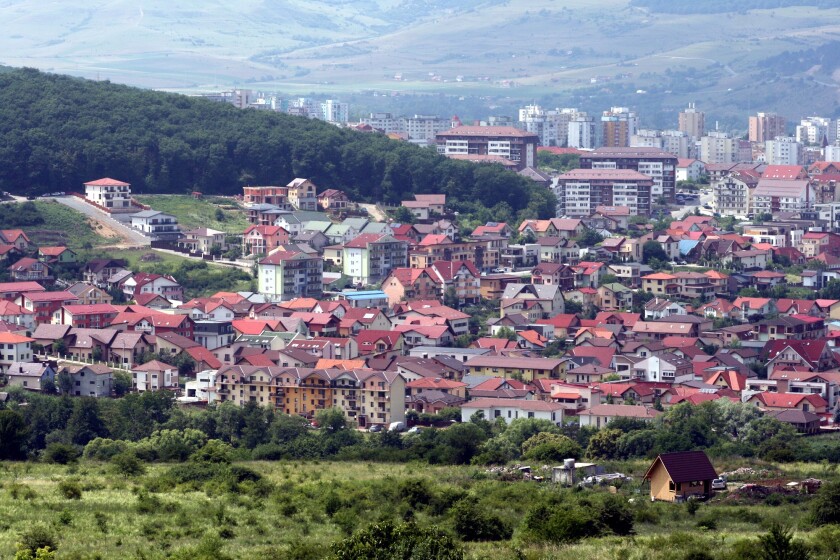The odyssey of the reduced 5% VAT rate in Romania continues. The rate’s introduction in 2008 was one of the instruments meant to encourage the real estate industry.
The impact of the Romanian real estate industry on the economy is a well-known positive one, as well as on the standard of living conditions. However, according to the latest statistics from Eurostat, published in 2021, although most Romanians own a house, things do not seem so positive when we look at the quality of the living conditions, as most homes are overcrowded. So it would seem natural for the Romanian authorities to try to make houses more affordable, at least from a VAT perspective.
Although the 5% reduced VAT rate for social housing has been in place for more than 14 years, the conditions for applying it are continuously changing. There are two price thresholds at present and it is possible to purchase multiple houses, depending on the applicable threshold. Although these rules have been in place only since the beginning of 2022, they will change again at the start of 2023.
Main change
From January 1 2023, the 5% VAT rate applies for a single purchase of a house for a price of no more than RON 600,000 ($119,000), exclusive of VAT. Compared with the present rules (two price thresholds of RON 700,000 and RON 450,000, and a single purchase under the higher threshold or multiple under the lower threshold), the new rules seem simpler. The other rules remain relatively unchanged.
What drove this change? It can be argued that one of the reasons is an increase in revenue for the tax authorities and, perhaps, a reduction in the appetite of individuals to invest in multiple ‘social’ houses subject to the reduced VAT rate (which is possible at present). If we also consider the recent changes to individual taxation in the case of revenues derived from the rental of immovable property (under which a deduction of 40% of the rental revenue was eliminated, thus increasing the taxable amount, and the number of potential purchases subject to the reduced VAT rate was limited), it may seem that the tax authorities have a tendency to limit such investments by individuals.
It remains to be seen if these investments will shift from individual level to a corporate level, where other tax incentives such as a VAT reverse charge and tax deductions on cost are still available.
On the other hand, the previous increase of the price threshold had the purpose of aligning the threshold with the new reality of the housing market, with prices having increased year on year. The decrease of the price threshold by approximately €20,000 ($19,500) will potentially reduce the accessibility of social housing, even for those who most need it.
Key questions
What will happen to downpayments received during 2022 for houses delivered in 2023? How will they be taxed?
The transitory rules provide that the present conditions will still apply in the case of houses delivered in 2023 if a downpayment was received in 2022. So clients who made downpayments in 2022 for houses that will be delivered in 2023 can breathe easy, as they will not have to pay an increased tax price. Also, the purchase of a house for a price below RON 450,000 performed before 2023 will not be taken into consideration for purchases in 2023, when a single purchase will be possible subject to the reduced VAT rate.
As there is some time left until 2023, it is still possible to take advantage of the more favourable VAT conditions by benefiting from the higher RON 700,000 price threshold for a single purchase or the possibility to purchase multiple houses under the RON 450,000 price threshold.












